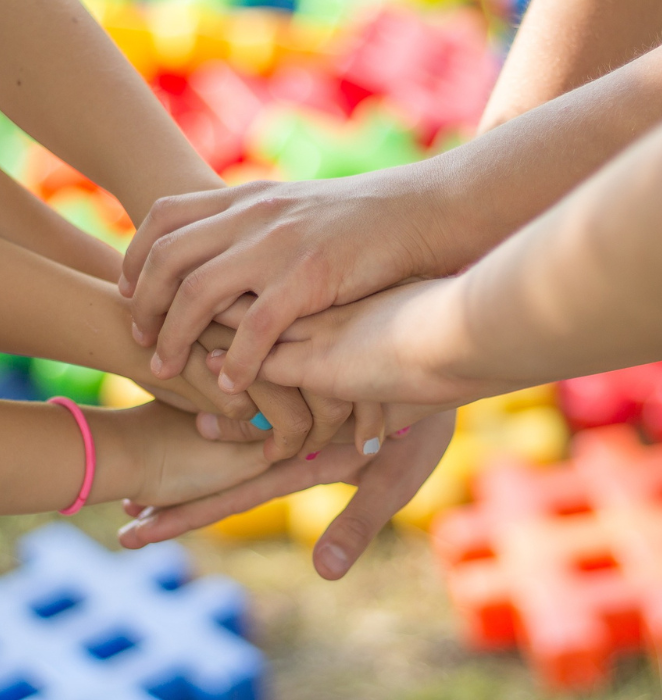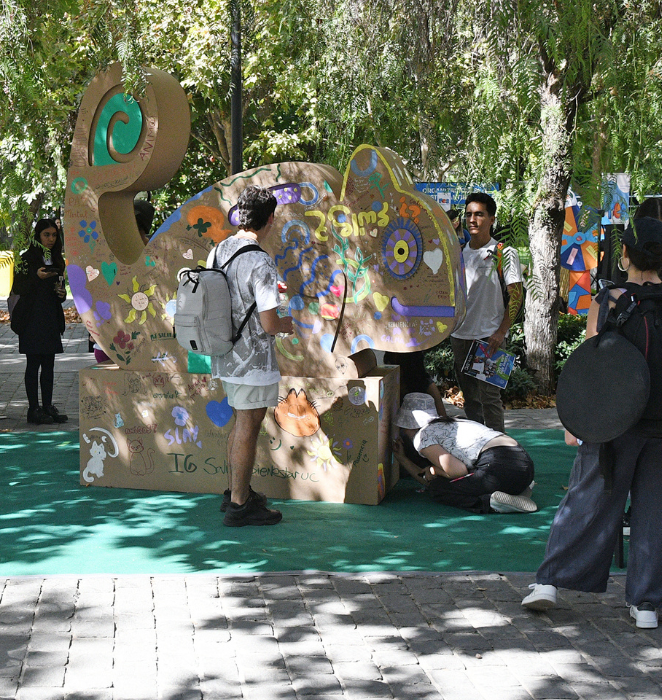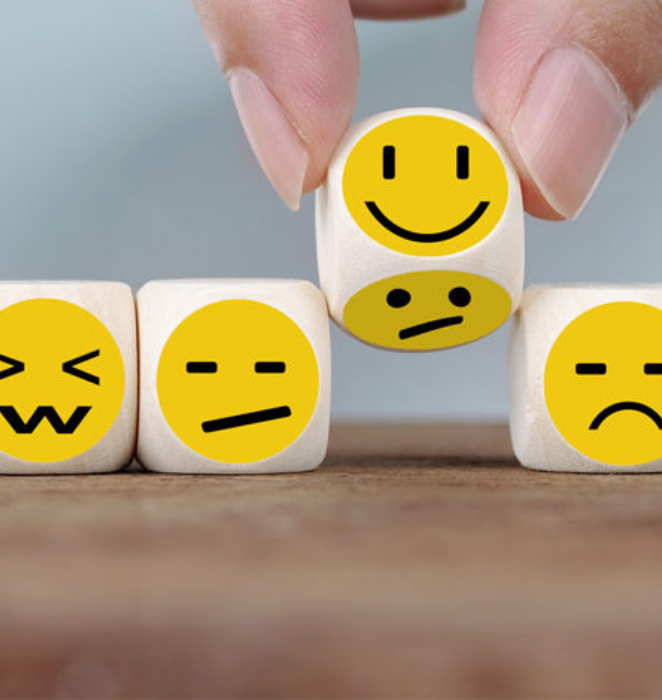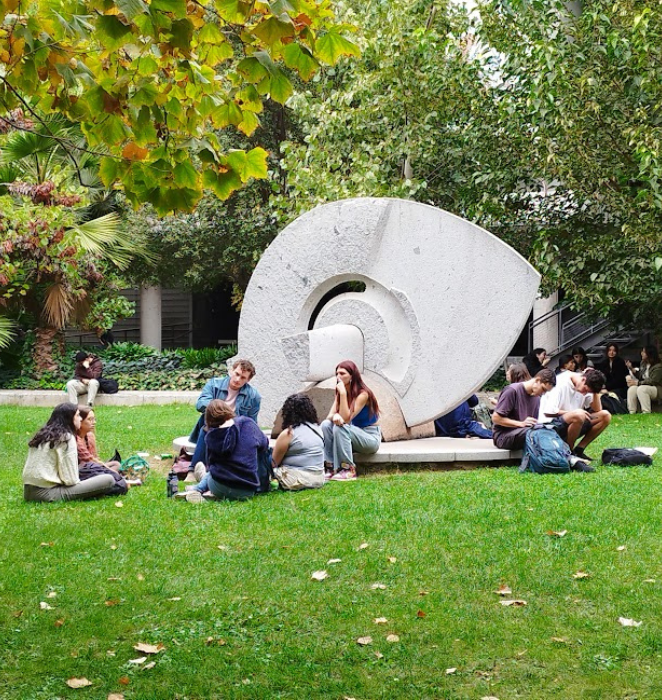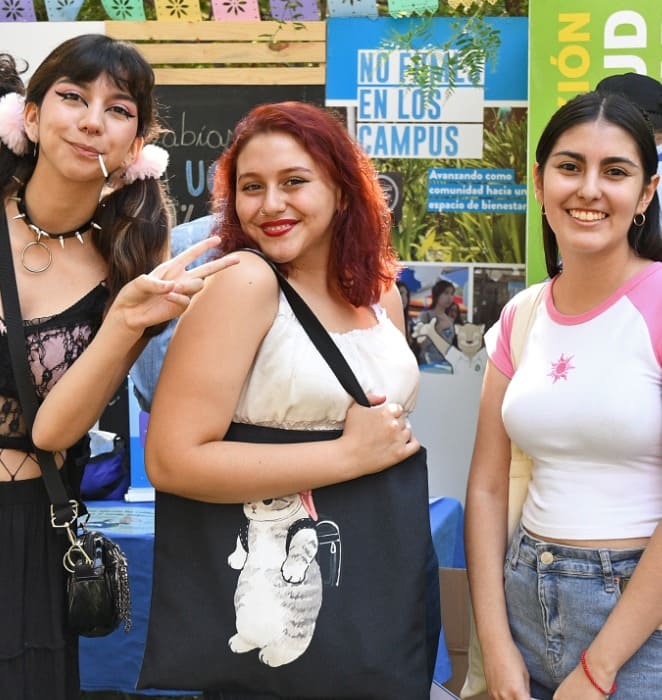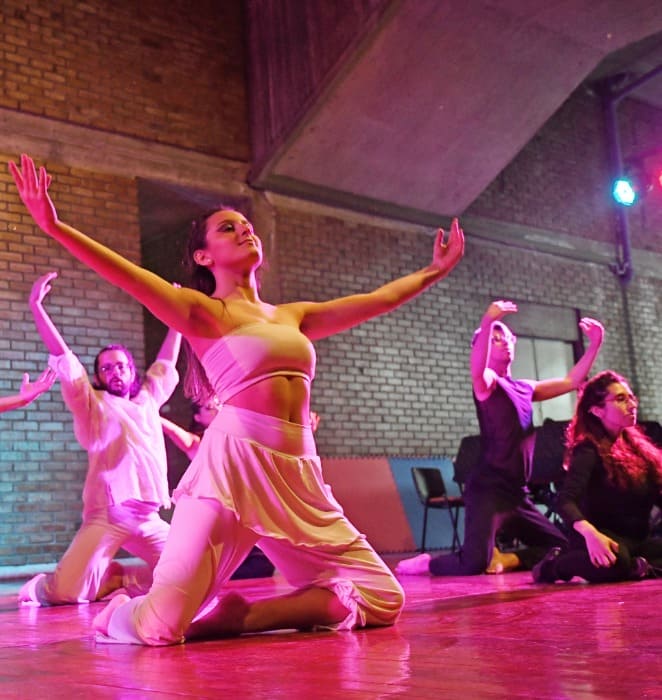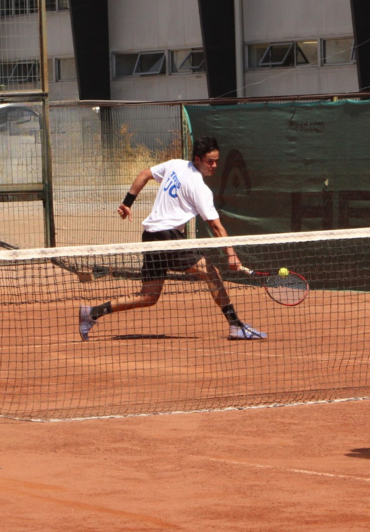The Healthy Relationships program seeks to encourage UC undergraduate and graduate students to develop satisfying, healthy, and quality bonds. Through interventions such as counseling, workshops, discussions, talks and support groups, it is expected to strengthen in our students the necessary skills to establish healthy bonds based on good treatment, as well as prevent dysfunctional dynamics, abuse and eventually violence.
General Objective
Promote healthy relationships and prevent dysfunctional dynamics in interpersonal bonds, favoring coexistence within the UC community based on good treatment, respect and equity in the UC Student Community.
Specific Objectives
- Promote and educate about healthy, satisfying, and quality affective relationships.
- Raise awareness and socialize in the community about dysfunctional dynamics and violence in affective relationships.
- Provide tools to identify risk factors in affective relationships.
Services
The Student Mental Health Center’s Healthy Relationships program has several services, which UC undergraduate and graduate students can access at zero cost.
Councils
Individual and confidential space, with a maximum of 4 sessions to reflect on the functioning of affective relationships, whether they are couples, family relationships, friendships in order to achieve a greater understanding of the problems presented. It also seeks to develop through one’s own personal resources, new relational strategies along with strengthening the student’s own skills for the construction of relationships of greater well-being, satisfaction and quality.
Workshops
Psychoeducational and experiential space in which relevant aspects of interpersonal relationships are reviewed with emphasis on the construction of healthy, satisfying, quality and violence-free relationships, highlighting the importance of relationships for personal well-being. Through an open and participative dynamic, we are invited to raise awareness about the characteristics of healthy interpersonal relationships and provide tools for their development.
- Active Observers: At the end of the workshop, participants are expected to learn about self-care in interpersonal relationships, about sexual violence, about the importance of consent for the development of respectful relationships, and that they acquire tools to address risk situations.
- Healthy Rules: At the end of this workshop, they will learn to recognize in their affective relationships the roles they play, the values that guide them and how this influences their dynamics. They will also reflect on the importance of intimacy and autonomy, their balance and the role of boundaries in caring for well-being, as well as tools for conflict resolution.
- Red and Green Flags: At the end of this workshop, they will learn to recognize in their affective relationships the roles they play, the values that guide them and how this influences their dynamics. They will also reflect on the importance of intimacy and autonomy, their balance and the role of boundaries in caring for well-being, as well as tools for conflict resolution.
- Family relationships: At the end of this workshop, participants will learn about the roles that their families take, their advantages and disadvantages, as well as acquire tools to face the challenges associated with the search for greater autonomy and balance between family life and university life.
Talks
The talks are held in a space of 1 hour of conversation, reflection and exchange of experiences, which are developed in response to the interests detected and expressed by the students, based on psychoeducational principles that seek to raise awareness and sensitize regarding healthy relationships.
Consent Talk: “At the end of this talk, students will get to know and be updated on the Consent Talk. Students are expected to know the concept of consent and its importance in affective relationships, its risk factors and protectors of relationships, and its importance for personal well-being and that of the student community.”
Playground Activities
“Turn your relationship around”: The activity aims to raise awareness about the importance and impact of healthy relationships on personal well-being, as well as to provide elements of psychoeducation for the construction of healthy relationships. This will be done by using a roulette wheel of important concepts to consider in interpersonal relationships. Based on this, the aim is to generate a space for dialogue and reflection among students about how they are living their relationships.
Requirements
Registration is required.
Discounts and associated agreements
Free

